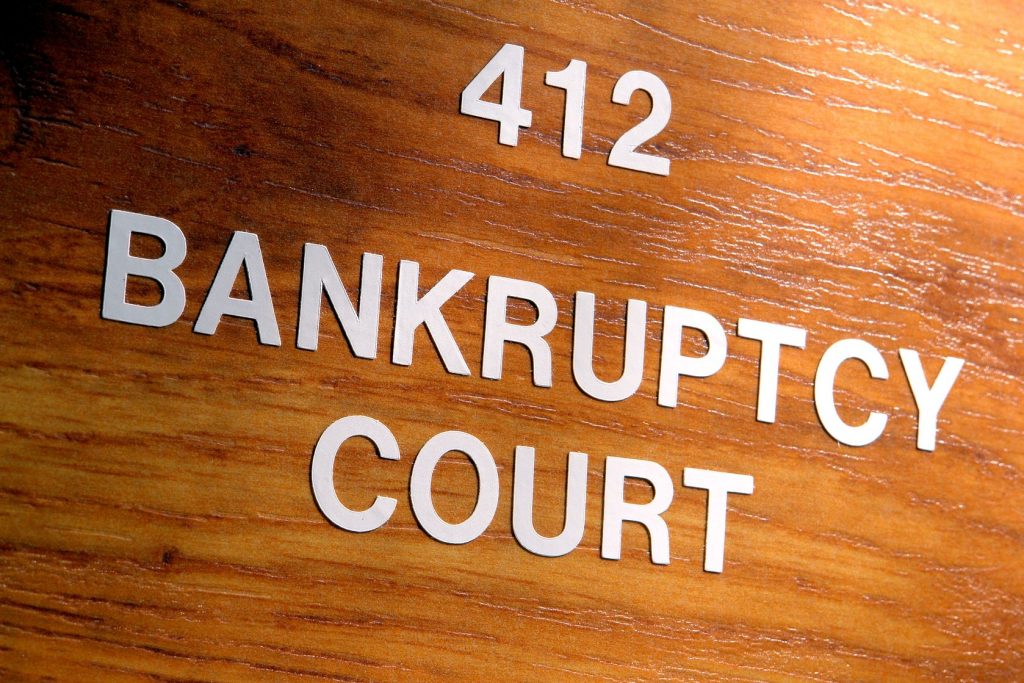An Oklahoma bankruptcy can be denied but its not something that happens in most cases. Bankruptcy offers an excellent option for many individuals struggling to pay off significant amounts of debt. However, you must qualify for bankruptcy, otherwise a court can refuse to discharge your debts. Additionally, certain actions that you may take could prevent a court from approving your bankruptcy.
There are different types of bankruptcy. Each type has different legal requirements. For this reason, if you are considering bankruptcy, you should discuss your financial circumstances with an experienced bankruptcy lawyer to determine which, if any, types of bankruptcy will work in your situation.
Chapter 7 Bankruptcy Requirements
On reason an Oklahoma bankruptcy can be denied is if you don’t qualify. To qualify for Chapter 7 bankruptcy, you must first satisfy a means test. Basically, if you earn more than the median family income for your state, you might earn too much to qualify for Chapter 7 bankruptcy. The purpose of the means test is to prevent people from filing for bankruptcy and eliminating their debts when they have the ability to pay their creditors.
Suppose you earn too much to qualify for a Chapter 7 bankruptcy automatically. In that case, you might still manage to file under this chapter if you do not have enough income after paying allowable monthly expenses to cover at least some of your unsecured debts.
Also, you cannot file for Chapter 7 bankruptcy if you recently filed another bankruptcy under this chapter. You must wait a minimum of eight years from the date you filed another Chapter 7 bankruptcy before you can file again. If you file for a Chapter 13 bankruptcy, you will not be able to file for a Chapter 7 until at least six years pass.
Chapter 13 bankruptcies are different than chapter 7 but it is another option that might work for individuals who do not qualify for Chapter 7 bankruptcy. However, even in these cases, you will need to meet certain requirements, including having a steady flow of income and the ability to pay some of your debts.
Why A Judge Denies A Bankruptcy
A judge might deny your bankruptcy petition if you fail to meet the requirements or if you are dishonest when completing your bankruptcy-related paperwork or dishonest in your interactions with the court.
A court might deny discharging your debts if you concealed an asset, failed to complete required credit counseling, or violated any court orders. Because of this, it is essential that anyone filing for bankruptcy discuss their eligibility with an attorney and disclose all of their financial information throughout the process.
Bankruptcy Attorney in Tulsa Near You
Bankruptcy can be denied but there are things that you can do to insure that your case doesn’t. Although the law does not require that you have a bankruptcy attorney represent you, hiring one can provide you with guidance and counseling throughout this challenging process. Your attorney can file your paperwork, provide documents to the court and bankruptcy trustee, and ensure that you meet all necessary deadlines relevant to your case. Your attorney can also represent you at any hearings and handle interactions with your creditors on your behalf.
A bankruptcy attorney can provide you with some peace of mind when dealing with this challenging part of your life. To learn more about whether bankruptcy is the right path for your situation, get in touch with the knowledgeable bankruptcy attorneys at Kania Law Office by calling (918) 743-2233 or by contacting us online.
Tulsa's Local Bankruptcy Lawyers
 Are you looking for Tulsa attorneys who will fight aggressively for you? Our team of bankruptcy attorneys have the experience needed in Oklahoma law to secure the outcome you deserve.
Are you looking for Tulsa attorneys who will fight aggressively for you? Our team of bankruptcy attorneys have the experience needed in Oklahoma law to secure the outcome you deserve.
Call us today for a free consultation 918-743-2233 or contact us online.


